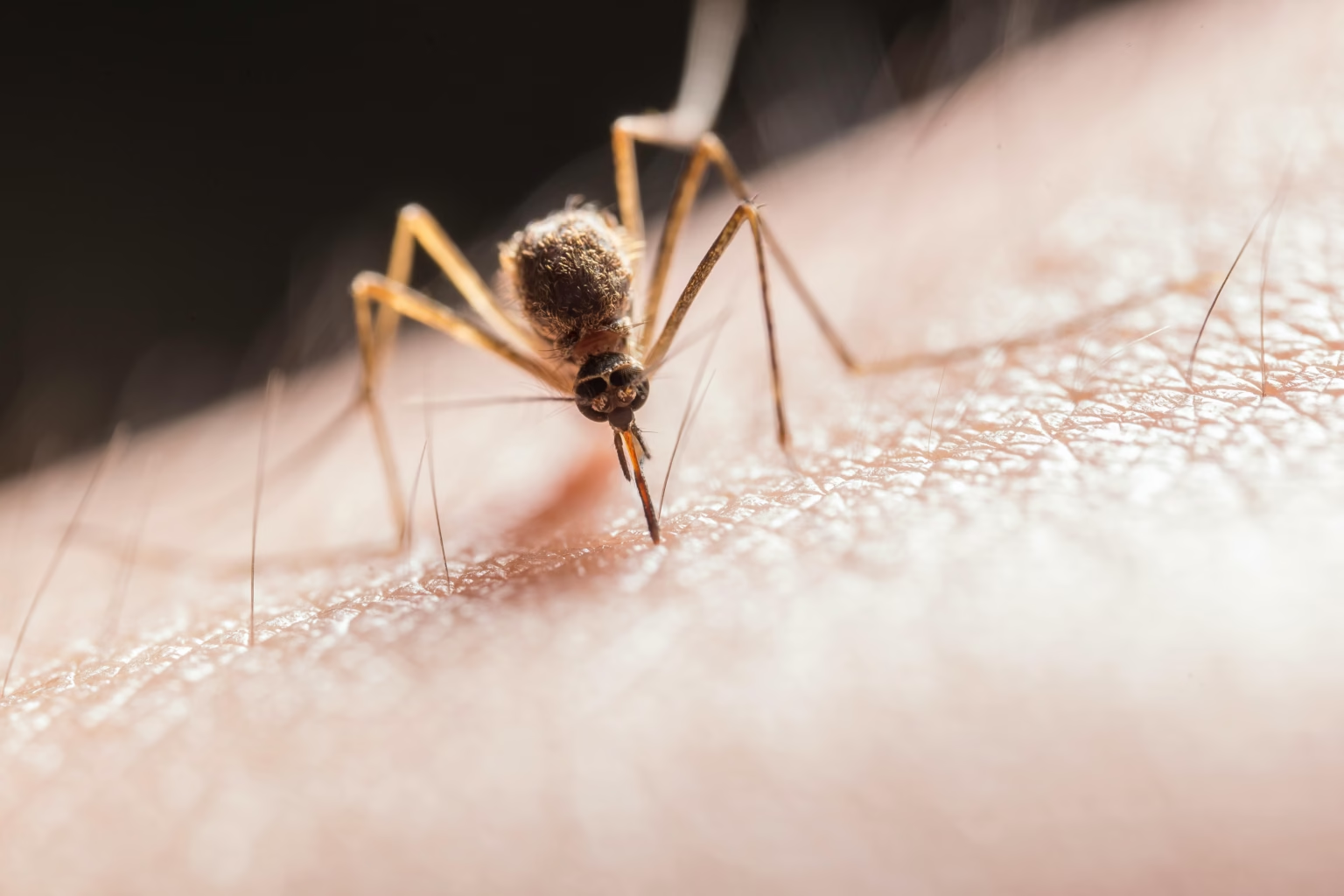BEIJING – Health authorities in southern China are rolling out strict, COVID-style containment measures to fight a major outbreak of Chikungunya, a painful mosquito-borne virus that has infected more than 7,000 people in Guangdong province since July as reported by BBC.
The aggressive public health response, which includes mandatory hospitalization and real-name registration for medicine purchases, has brought back memories of the pandemic era and put the region on high alert.
So, what’s going on with this sudden outbreak, and how serious is it? Let’s dive in.
What’s Happening in Guangdong Province?
The epicenter of the outbreak is Foshan, a bustling city of over 9 million people. The situation escalated rapidly, with nearly 3,000 new cases reported in the last week of July alone.
In response, officials in Foshan have ordered some tough measures:
- Mandatory Hospitalization: Anyone who tests positive for Chikungunya must be hospitalized. Patients are kept in beds covered with mosquito nets to prevent further spread.
- Strict Discharge Rules: Patients can only leave the hospital after they test negative for the virus or complete a full week-long stay.
- Tracking Medicine Sales: Just like during the COVID-19 pandemic, pharmacies in Foshan must now require real-name registration for anyone buying medications that treat Chikungunya symptoms like fever and pain.
The outbreak isn’t just limited to Foshan. At least 12 other cities in the province have reported infections, and on Monday, Hong Kong confirmed its first imported case—a 12-year-old boy who had recently traveled to Foshan.
What Exactly is Chikungunya?
For many, this might be the first time hearing about Chikungunya. It’s a virus spread by the same types of mosquitoes that transmit Dengue and Zika—the Aedes aegypti and Aedes albopictus. The name “Chikungunya” comes from an African language and means “to become contorted,” which describes the severe joint pain it causes.
Here are the key things to know:
- Symptoms: The most common symptoms are a sudden high fever and debilitating joint pain, especially in the hands, wrists, and ankles. Other signs can include a headache, muscle pain, rash, and fatigue.
- Transmission: It’s important to know that Chikungunya is not spread from person to person. You can only get it from the bite of an infected mosquito.
- Treatment: There is no specific cure or antiviral drug for Chikungunya. Treatment focuses on managing the symptoms with rest, fluids, and over-the-counter pain relievers like paracetamol.
While the illness is rarely fatal, the joint pain can sometimes last for months or even years, particularly in older adults and those with other health conditions.
How Are Authorities Fighting the Spread?
Chinese officials are throwing everything they have at this outbreak. Vice Premier Liu Guozhong recently visited Foshan and called for efforts to “cut off epidemic spread channels”.
Beyond the hospital rules, public health teams are waging war on mosquitoes with both traditional and creative methods:
- Massive Cleaning Campaigns: Residents and businesses are being urged to clear any stagnant water where mosquitoes breed, with fines up to 10,000 yuan (about $1,400) for those who don’t comply.
- Deploying Natural Predators: Thousands of mosquito larvae-eating fish have been released into lakes, and officials are even using swarms of non-biting “elephant mosquitoes” that prey on the dangerous Aedes mosquitoes.
- Travel Advisories: The rapid spread has prompted the U.S. Centers for Disease Control and Prevention (CDC) to issue a travel warning, advising visitors to China to use “enhanced precautions”.
Health experts believe the outbreak was likely sparked by an imported case that then spread locally, a situation made worse by the recent flood and typhoon season, which has created perfect breeding grounds for mosquitoes.
Is This a Global Threat?
While the outbreak in China is concerning, the World Health Organization (WHO) has also issued a global alert. They see worrying similarities to a major epidemic in 2004-2005 and are urging countries to prepare. With outbreaks also happening in the Indian Ocean region, the risk of travelers spreading the virus is real.
For now, Chinese officials say the outbreak has been “initially contained,” but they remain vigilant as they work to stop the virus in its tracks.
Important FAQs about Chikungunya:
What is the main symptom of Chikungunya?
The most defining symptom is severe, often debilitating, joint pain, which usually accompanies a sudden high fever. The pain can be so intense that it makes it difficult to move.
Can you catch Chikungunya from another person?
No, Chikungunya is not contagious between people. It is only transmitted through the bite of an infected mosquito.
Is there a vaccine for Chikungunya?
Yes, a vaccine exists, but it is not yet publicly available in China. The main way to prevent infection is to avoid mosquito bites by using repellent and wearing protective clothing.
How serious is the Chikungunya outbreak in China?
With over 7,000+ cases, it is a significant public health event for the region. However, Chinese officials report that 95% of the cases have been mild, with most patients recovering within a week. Fatalities are very rare.








